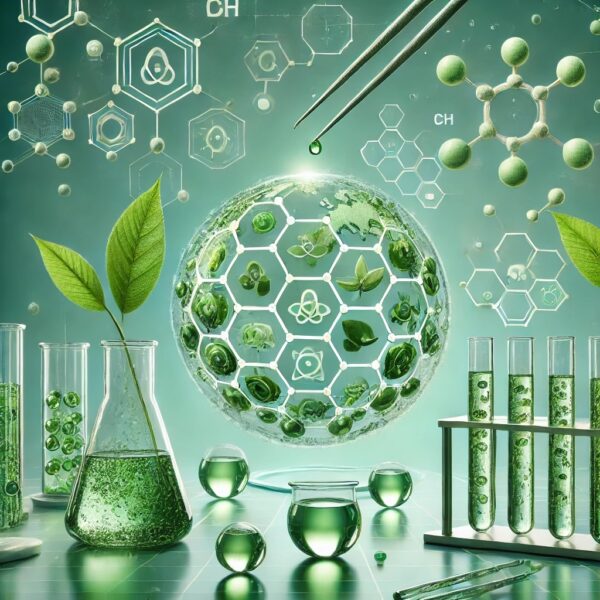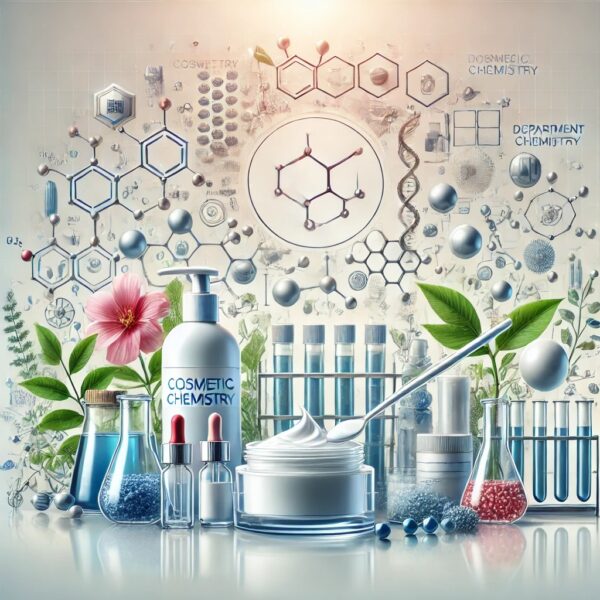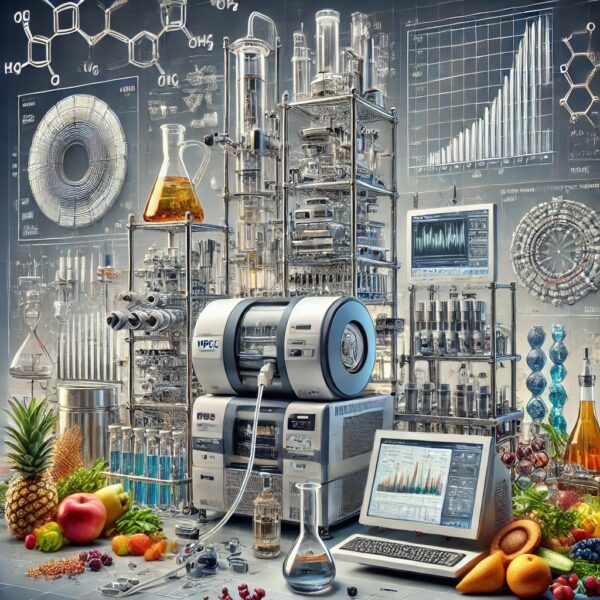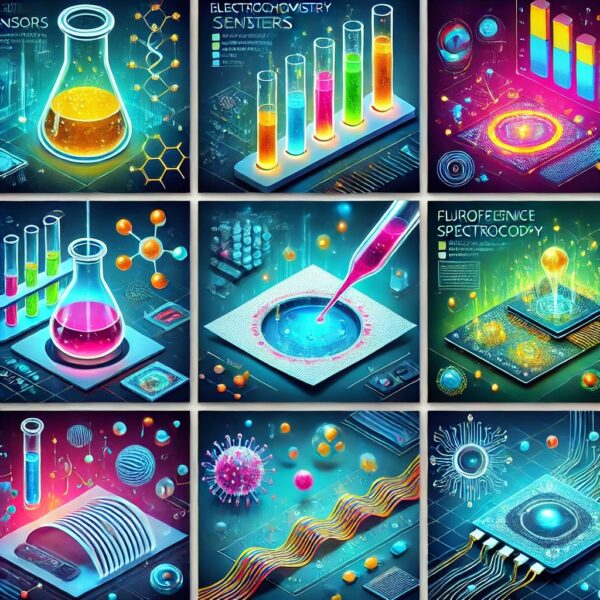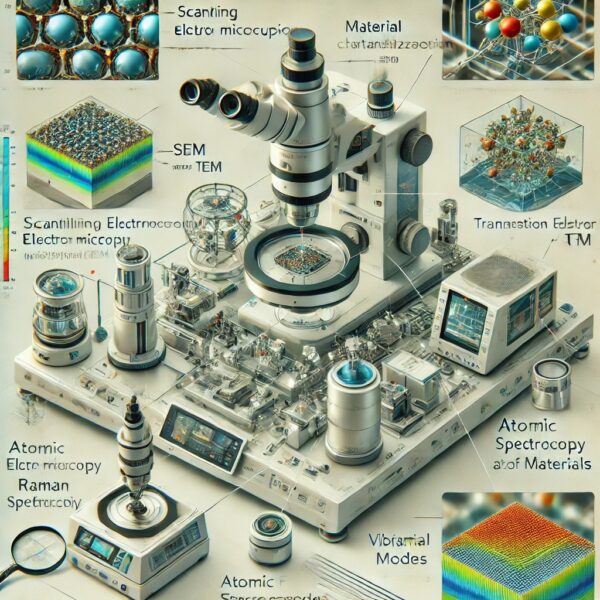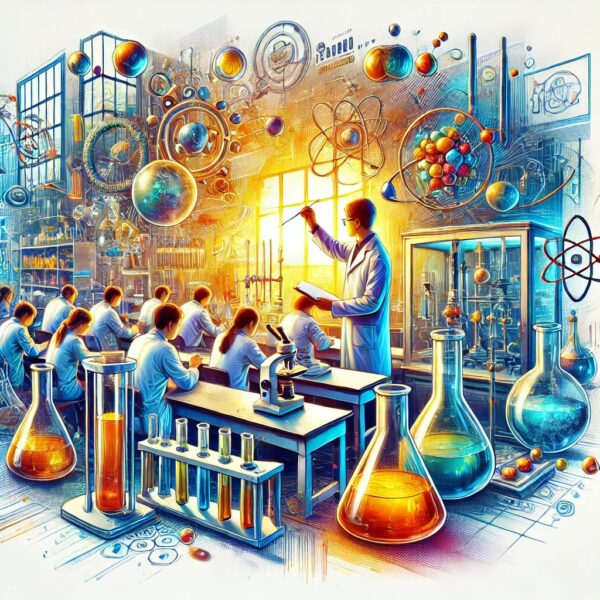Research Themes
Design and synthesis of chemicals, polymers, and advanced materials that minimize environmental impact
- Limiting the use of hazardous substances
- Creating renewable and biodegradable chemicals and materials
- Designing energy-efficient processes
- Extending the life cycle of materials
Design and synthesis of novel pharmaceutical compounds and cosmetics with advanced computational and synthetic techniques
- Making bioactive compounds for pharmaceuticals
- Using natural ingredients for cosmetic formulations
- Extraction and applications of bioactive compounds from natural sources
Methodology designs for chemical investigation and enhancement of food and agricultural products
- Chemical analysis of target, nutrient, and contaminants for ensuring food quality and safety
- Geographical indication and verifying the authenticity of agricultural and food products
- Extending the shelf life of food
Molecular modeling and design with advanced data analysis in chemistry
- Computational chemistry and modeling to study molecular behavior and design new compounds
- Chemometrics and machine learning for complex chemical data analysis and experimental design
Development of advanced chemical sensors and biosensors utilizing colorimetric, spectroscopic, and electrochemical properties
- Cost-effective, point-of-care diagnostics
- Ultrasensitive detection
- Integration of microfluidic devices with sensing technology
Advancing material characterization and separation techniques
- Exploring novel materials at micro/nano/atomic scales for electronics and catalysis
- Surface modification for Surface-enhanced Raman scattering
- Advancing chromatography and spectroscopy techniques for complex chemical samples
Enhancing chemical education through innovative teaching and learning
- Developing hands-on and small-scale chemical experiments
- Active learning to improve student engagement and learning

